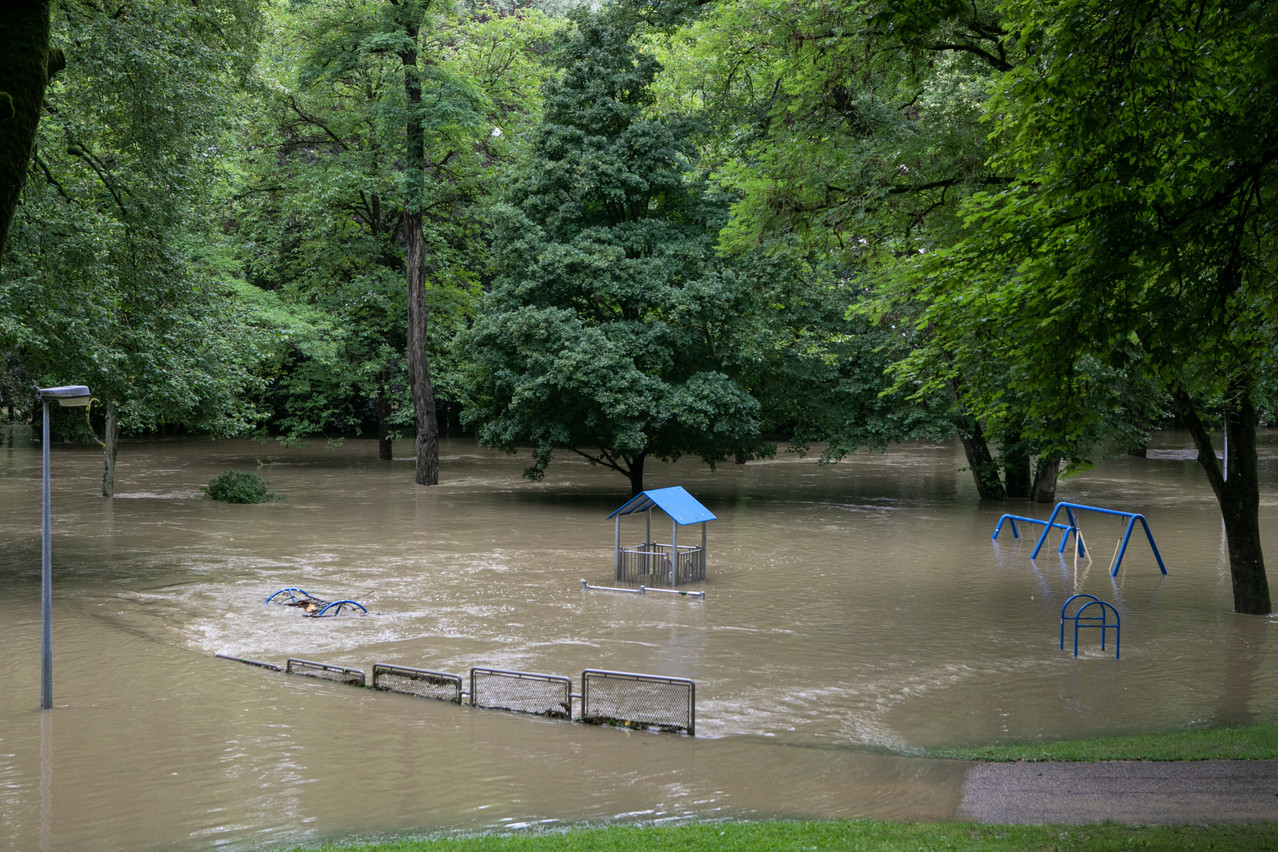Communes across the country have an alert system in case of a nuclear or radiological accident. The sirens are generally tested on the first Monday of the month around noon, emitting .
“The government is of the opinion that a siren alarm as a warning signal for the population makes sense and will use this tool more deliberately in future,” said interior minister Taina Bofferding in answer to a published on Wednesday.
“There is currently no generic warning signal or a flood warning signal,” Bofferding said, with the sirens used exclusively for nuclear incidents or to raise emergency services in case regular alert systems fail.
The government has over raising the alarm too late when heavy rainfall caused unprecedented flooding in Luxembourg on 14 and 15 July. The GouvAlert app, introduced in 2018 to provide instant information on fires, accidents, severe weather, nuclear accidents and power outages, was overburdened.
Early warnings issued by the European Flood Awareness System (EFAS) ahead of the floods are processed differently across EU member countries.
“The different ways countries delegate responsibility for warning their citizens creates a gridlock along the chain of transmission. Ordinary people pay the price, sometimes with their lives,” said Jeff Da Costa, a hydrometeorologist from Luxembourg at the University of Reading in .
“Evacuating people when they are already knee deep in water is not a successful way to mitigate against disaster and it does not bode well for the ability of countries to adapt to these events in future,” he said.
Bofferding said that the general public would need to know about different warning signals emitted by siren for the system to work effectively. She did not provide any more details on how the government plans to review their use.
Updated on 20 August at 2pm to correct that Jeff Da Costa works at the University of Reading, not the University of Luxembourg as previously stated.
